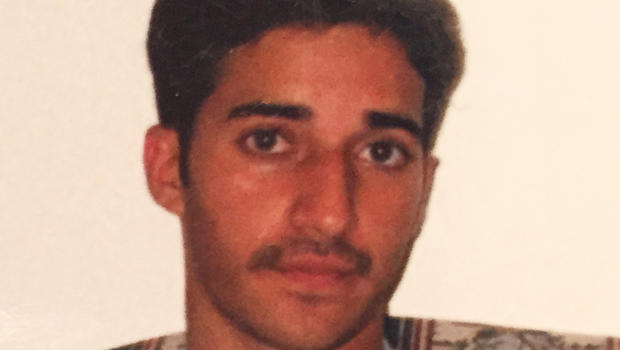Testimony turns to cell tower data in "Serial" hearing
BALTIMORE -- As a hearing enters the third day for the convicted killer at the center of the popular podcast "Serial," the focus of testimony has shifted away from an alibi witness toward cell tower data that defense attorneys contend was misleading.
Prosecutors used cell tower data during the first trial of Adnan Syed, saying it placed him at the scene where the body of Hae Min Lee was found in 1999.
Attorneys for Syed, who was convicted of killing his high school ex-girlfriend in 2000 and is serving a life sentence, have said cell tower data presented during his first trial was given to a jury without a fax cover sheet warning that the data referred only to outgoing calls, and any information about incoming calls is unreliable.
Syed is seeking a new trial, both because of the tower data and because he alleges his trial lawyer was ineffective.
On Thursday, Gerald Grant, a cell tower expert, told the court that the warning is crucial in order to accurately read the data.
Attorney Justin Brown also entered into evidence an affidavit from Abraham Waranowitz, who worked at AT&T as a radio frequency engineer and testified for the state at Syed's original trial. At the time, Waranowitz testified that the cell data placed Syed at the burial scene. But in the affidavit he wrote that he was unaware of the warning about reliability.
"If I had been made aware of this disclaimer, it would have affected my testimony," he wrote, adding that he wouldn't have affirmed a phone's possible location without better understanding the disclaimer.
The hearings began Wednesday, when alibi witness Asia McClain,now named Chapman, testified that she had a conversation with Syed in a library during the time prosecutors say Lee was killed. Chapman has said Syed's defense team never contacted her for her testimony, a fact Syed's current attorneys say amounts to ineffective counsel.
Deputy Attorney General Thiru Vignarajah on Thursday tried to poke holes in Chapman's testimony, calling into question the validity of a letter she sent to Syed shortly after his arrest. The letter alludes to facts of the crime that Vignarajah contests Chapman likely wouldn't have known at the time the letter was dated, and suggested she sent it later. During cross-examination, Vignarajah said a friend of Syed's told investigators that Syed had sent a handwritten letter to Chapman and instructed her to type it and send it back to the jail.
But Chapman maintained that her account was true, and said she was unaware of a claim that Syed had ever contacted her after his arrest.
Testimony will continue Friday.
